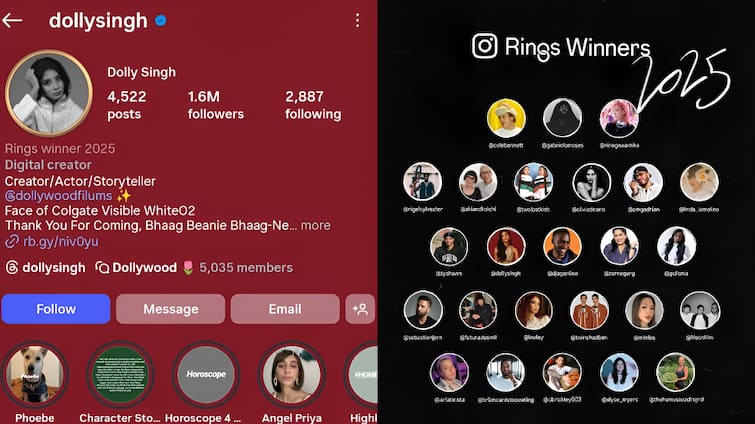The Ministry of Electronics and Information Technology (MeitY) has put forward draft amendments to the IT (Intermediary Guidelines and Digital Media Ethics Code) Rules, 2021, that would make it harder for synthetic content to slip into public conversation without a clear provenance. The changes, published on October 22, target AI-manufactured images, video and audio and set out mandatory labelling and traceability steps for platforms and creators.
What The Draft Requires
Under the proposed text, the government defines a new category called “synthetically generated information” and places obligations on platforms that enable the creation or editing of such material. If a social media service allows users to generate AI content, it must ensure those items are either “prominently labelled or embedded with a permanent unique metadata or identifier”.
The rule further specifies that the visible or audible identifier must cover “at least ten per cent of the surface area of the visual display or, in the case of audio content, during the initial ten per cent of its duration.” The draft also insists that this metadata cannot be altered, removed or suppressed.
Who Will Face The Biggest Burden
Platforms classed as significant social media intermediaries, meaning those with more than 5 million registered users in India, are singled out for stricter compliance.
These services would be expected to adopt technical systems to detect, verify and flag AI-origin content and to seek declarations from uploaders where appropriate. Industry groups and legal experts have already begun to weigh in on the feasibility and freedom-of-expression consequences.
Why Centre Says This Is Needed
MeitY frames the amendments as part of an effort to preserve an “open, safe, trusted and accountable Internet” while limiting how generative AI can be used to deceive, impersonate or interfere with public processes. Regulators say transparency and traceability are central to reducing misinformation and curbing harms from doctored or synthetic media.
Stakeholders and civil society have been invited to submit comments on the draft by November 6. Responses can be sent to itrules.consultation@meity.gov.in as part of the ministry’s consultation process.
This move represents one of India’s clearest attempts yet to build provenance and labelling rules into the digital ecosystem as synthetic media tools become more powerful and widely available.



